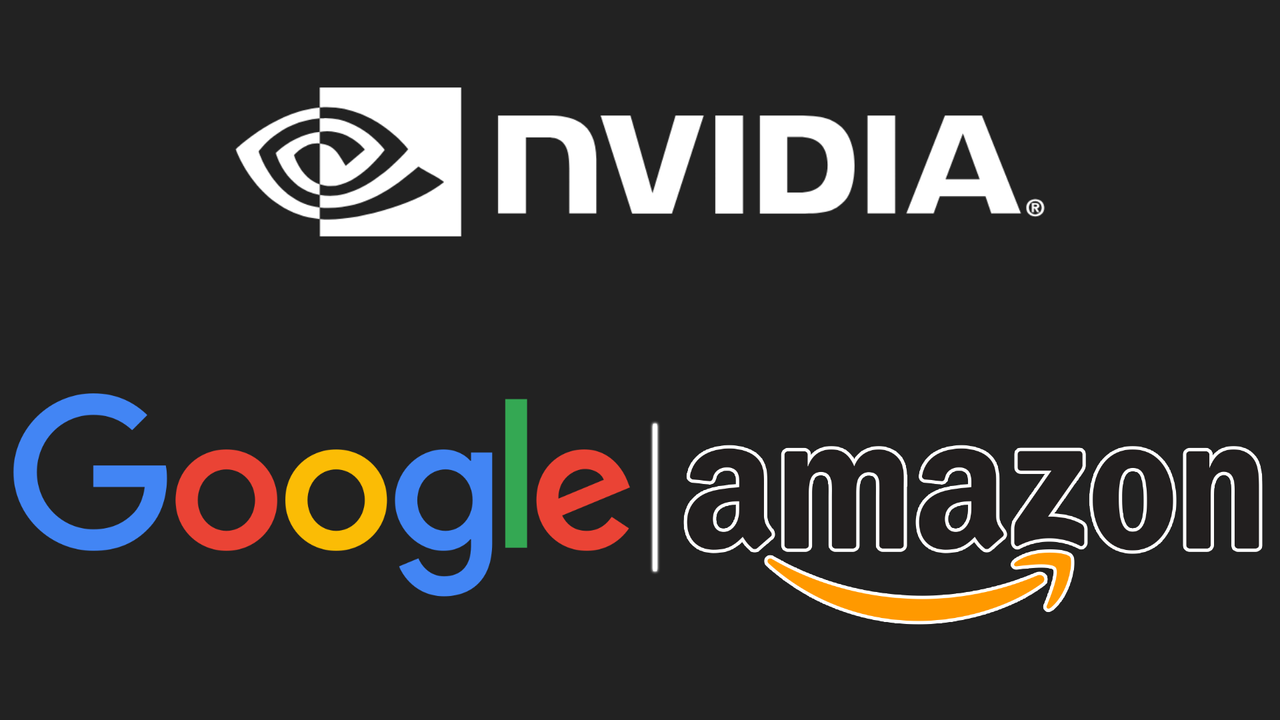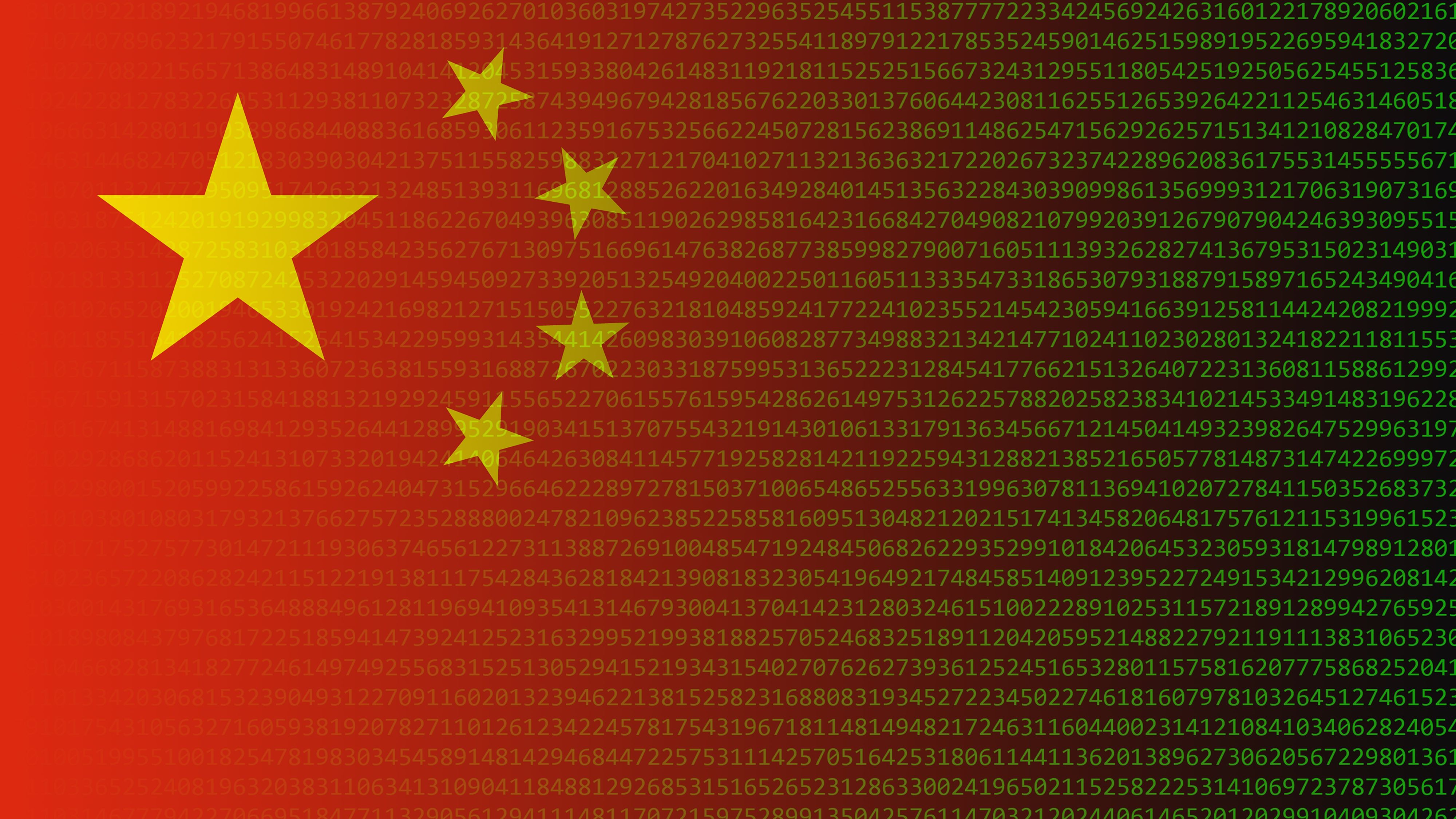
Nvidia dominates the market for AI GPUs, holding 94% as of the second quarter of 2025 – a 2% increase from the quarter before. The company is expected to earn $49 billion from AI this year, which is almost 40% more than last year – a remarkably large jump.
Nvidia recently achieved a market value of $4.6 trillion, a first for any company. Shortly after, in July 2025, Microsoft also surpassed the $4 trillion mark, becoming the second company to do so.
Nvidia is the clear leader in AI technology, as its GPUs power most AI systems today. This dominance extends beyond just hardware – Google and Amazon even reportedly informed Nvidia’s CEO, Jensen Huang, about their upcoming chip designs *before* publicly announcing them, highlighting the company’s significant industry influence.
Why Amazon and Google still bow to Nvidia
It’s rare for companies to share their future plans with potential competitors, but Amazon and Google recently did just that. According to Tom’s Hardware, both companies are still largely dependent on Nvidia’s graphics processing units (GPUs) for their artificial intelligence tasks, yet they’ve reportedly told Nvidia about their intentions to develop their own custom chips.
Nvidia’s CUDA toolkit is essential for developing and running AI, which makes many developers heavily reliant on Nvidia’s hardware. Switching to alternatives like Google’s TPUs or AMD’s GPUs is difficult because it would require completely rebuilding existing software, leading to significant expense and delays. This situation effectively solidifies Nvidia’s dominance in the AI field for the foreseeable future.
While informing Nvidia about upcoming chips doesn’t eliminate the risks involved, it does lessen their impact. Given Nvidia’s continued market leadership, maintaining a strong relationship with them currently seems like the most secure approach. This communication, though not revealing specific chip details, signals a desire to diversify away from relying on Nvidia as the only supplier for AI technology.
Geopolitics and competition — China’s ban and rival chips

The competition in artificial intelligence seems to be accelerating, and Nvidia’s CEO recently stated that China is very close behind in development. This competition has intensified with a new order from China’s Cyberspace Administration, which prevents companies like ByteDance and Alibaba from purchasing or testing Nvidia’s RTX Pro 6000D chips.
This is a complete ban on the chips. While originally designed to follow U.S. export laws, Chinese regulators claim that processors made by Huawei and Cambricon are now as good as, or even better than, Nvidia’s offerings in this area.
However, despite this ban, it hasn’t stopped Alibaba from announcing a partnership with Nvidia.
While not entirely unexpected given the trade disputes between the U.S. and China, this situation could still be a challenge for Nvidia. China represented a significant potential market worth around $50 billion, so losing access to that growth is a substantial loss.
Competitors gaining ground?
Although the report doesn’t mention any particular chips, we can examine the work Amazon and Google are doing – or at least what’s known publicly – to get an idea of their progress.
As a tech enthusiast, I was really excited to see Amazon unveil its Trainium 3 chip back in December 2024. It’s specifically built for training those massive AI models everyone’s talking about, and the cool part is, Amazon developed it with Anthropic – one of the big players competing with OpenAI. What makes this partnership even more interesting is that Anthropic also works with Microsoft, bringing their Claude AI model to Office apps. Amazon isn’t holding back, though – they’ve invested a whopping $8 billion in Anthropic, making them a key partner. Now, Anthropic is fully committed to using Amazon’s AWS as their main platform for cloud services and AI training. It’s a big move that could really shake up the AI landscape!
Because Amazon owns AWS, the leading cloud computing service, it can offer its new Trainium 3 chip – and future versions – to a huge number of customers at a lower cost.
Google’s specialized processors, called TPUs, have been in development for almost ten years and are now in their seventh generation, known as Ironwood. This latest version significantly improves both training and processing speeds compared to previous TPUs. However, a major obstacle to wider use is that many developers rely on Nvidia’s CUDA software, making it difficult to switch. While Ironwood is powerful, its adoption outside of Google remains limited due to this reliance on the Nvidia ecosystem.

As an analyst, I recommend following Windows Central on Google News. It’s a great way to stay updated with their newest articles, in-depth analyses, and feature stories, ensuring you won’t miss out on the latest from the Windows world.
Read More
- Best Controller Settings for ARC Raiders
- The Best Members of the Flash Family
- Netflix’s Stranger Things Replacement Reveals First Trailer (It’s Scarier Than Anything in the Upside Down)
- Legacy of Kain: Ascendance announced for PS5, Xbox Series, Switch 2, Switch, and PC
- Star Wars: Galactic Racer May Be 2026’s Best Substitute for WipEout on PS5
- The Strongest Dragons in House of the Dragon, Ranked
- Wife Swap: The Real Housewives Edition Trailer Is Pure Chaos
- 10 Most Memorable Batman Covers
- Ashes of Creation Mage Guide for Beginners
- 7 DC Villains Ruined In Movies
2025-10-03 00:10